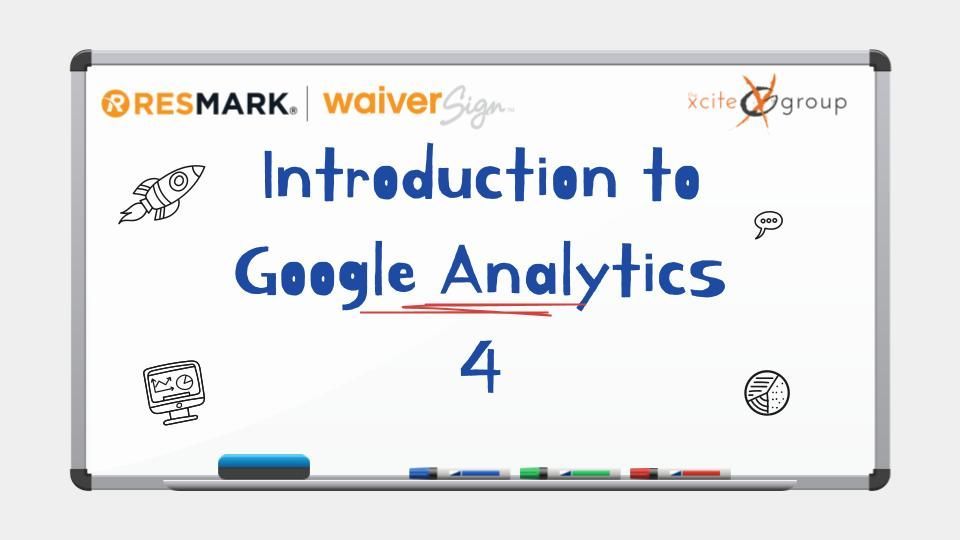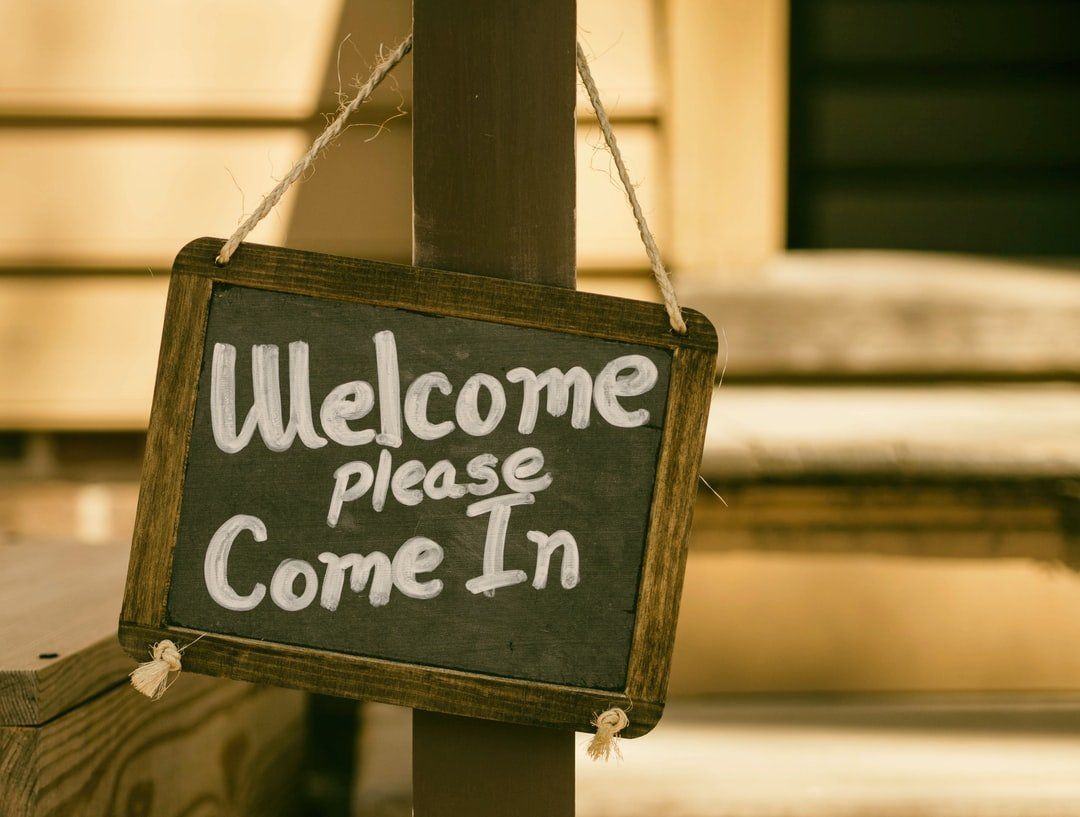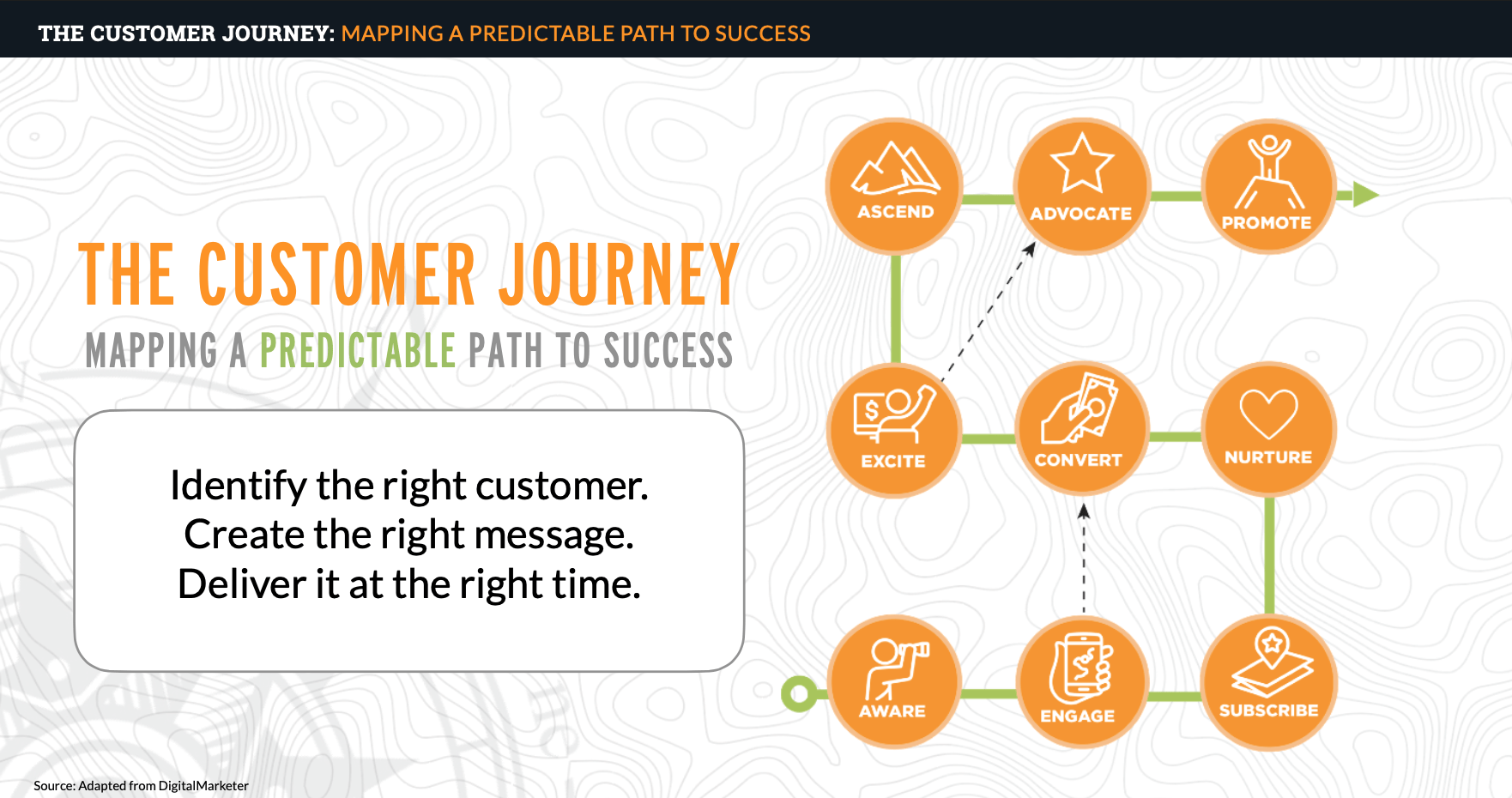Why A Reservation Management System Is Important

Do I Really Need a Reservation Management System?
Okay, so you’ve heard of booking and reservation management systems. And the technology sounds neat but you still find yourself asking, “Does my business really need one?”
The answer is “Yes, and you need it yesterday.”
Think of it this way: If a diner’s been on a popular restaurant’s waitlist for an hour despite reserving their table in advance, it’s clear that the table management strategy for that eatery is falling behind. Do you think they’re overbooking and under-seating by using a manual reservation system or a digital restaurant reservation system? Restaurant staff can depend on platforms like Tablein, Eat App, OpenTable, and even Yelp for customer and table management—can you say the same for your company?
Adopting a new technology always takes a little effort, and it can sometimes be difficult to know which new systems will actually be worth the trouble. In this article, we’ll cover what makes reservation management systems so innovative, how online reservations help businesses succeed, and exactly why you’re better off picking up a solid reservation software solution as soon as you can.
What Is a Reservation Management System?
Let’s start with the basics. At its core, a reservation management system, also called online booking software, is a computer application that allows you to digitize your reservation calendar. It’s an alternative to tracking everything on paper (which is tedious, time-consuming, and troublesome at best), and to using spreadsheets or a calendar app on your desktop or mobile device (which isn’t much better).
The primary advantage here is that, unlike a manual system you have to slave over to keep up to date, reservation software is designed specifically to manage reservations for you. In other words, it automates a lot of the things you’re doing by hand, things that are taking up your time, and things that can really screw up your process if you make an error.
Beyond that, reservation systems allow customers, guests, or participants to book online. We’ll discuss how reservation software impacts your bottom line later (hint: It’s all good news). What’s important to know for now is that you can’t really offer self-service booking without it.
What’s more, most reservation systems include additional tools designed around your specific industry, empowering you to better meet the needs of those you serve. Some of these tools include:
- Analytics
- Marketing automation
- Digital waivers
- Resource management
- Task management
- Website Widgets

Who Were Reservation Management Systems Designed for?
A lot of businesses in a variety of industries need help managing bookings and reservations, so the next question is whether or not there are systems designed to help your business.
Currently, reservation systems are in use in several industries, including:
- Transportation
- Hospitality
- Events
- Fitness and wellness classes
- Tours and activities
Most people are familiar with online booking for tours and other vacation activities, but you can take advantage of a reservation management system in virtually any service industry. It's always important to know how many people to expect for event planning, and you'll need to ensure that there are no errors with paper reservations when you're scheduling diners in food service, for example. Going digital is an easy way to simplify the process for everyone, avoid errors, and ensure that no schedules overlap.
Of course, different industries often go by different names. The term “reservation management system” most frequently refers to the hospitality industry, but it can also apply to online booking software and reservation systems, among other terms.
In other words, if you take reservations (as opposed to appointments, which have their own digital solutions), odds are there’s a tool out there that will meet your specific needs.
My Manual Process Works Just Fine, Thank You
When we’re judging a new technology, system, or tool, one of the most important things we have to consider is just how much trouble we’re having doing it the way we do it now. Sometimes the pain and inconveniences are obvious, but often, without a frame of reference on how easy things could be, we don’t see how bad we currently have it.
So, let’s take a look at manual processes, and see if we can give ourselves that frame of reference.
Manual Process Blues
Firstly, if you’re managing reservations manually, you’re doing everything yourself. Taking reservations, making cancellations, and letting customers know what times are available are just the start.
Taking deposits and giving refunds are both complicated tasks since you have to get the card information every time (as you have no way to securely store card information and tie it to customers’ bookings).
Then there’s the human factor. With a manual system, it’s easy to overbook, misplace the schedule, or write down incorrect (or incomplete) information. If multiple people are managing the schedule, it can be even harder to avoid mistakes.
If you’re working on paper, you have to deal with legibility. If you’re using an offline app, you have to make sure you’re working from the most recent version of the calendar.
Beyond that, you can’t really collect demographic information or build a customer database. Or, you can, but you don’t have an easy way to organize it and learn from it.
The bottom line is that manual reservation management is inconvenient at best and a significant drain on revenues at worst. It’s also a bad user experience for your customers who have to call in to make a reservation. Let’s be honest with ourselves: There are definitely things about the process we wish we could change.
Schedule a demo today and learn how Resmark can help automate your process.
How Reservation Management Systems Help
Reservation management systems address all of those problems. They centralize all of your important information: Your schedule, your customer's personal info, credit card information, and more. They also make it easy to offer online booking, which takes a huge load off of your shoulders and promotes sales.
In addition to the more general pain points that reservation software addresses, these systems are also typically built to address industry-specific concerns. Below are some examples.
Hospitality
Working with a hotel website? You want a hotel reservation software that meets your industry-specific needs. Your ideal online reservation software allows you to manage inventory (your available rooms), room statuses (like “needs cleaning” or “under maintenance”), and payments, whether you manage small hostels or luxury resorts. Additionally, they often include the capability for key card management, TV and pay-per-view control, and supervision of the wifi. Some types of hotel reservation software even include loyalty program tools.
Finally, a solid hospitality management system includes distribution channel management throughout the hotel industry, enabling resellers to manage their own hotel reservation system based on your live inventory and giving you control over how they do it and how much of a cut they get.
Events
Event management systems are typically split into two types based on who’s using them: event managers, and venue managers. Some systems are designed specifically to answer a single use case, some are designed to handle both, and some brands have two separate tools, one for each kind of user.
Event Managers
Event managers need granular control over individual guests, vendors (like caterers, bartenders, and retailers), and often the very floor space in the venue.
Reservation management systems give them all of that, allowing them to manage inventory, coordinate with vendors, and sometimes even plan floor space in a virtual mockup of the venue.
Beyond that, there’s often functionality to facilitate food service or retail transactions (including POS integration). The system allows you to collect and store information on the typically large number of attendees or guests, group those guests together as needed, and even store payment information for each of them.
Finally, for events that need it, some systems feature digital waiver functionality, allowing you to administer forms like liability releases online. Others take the process a step further, allowing for custom promotions to boost attendance.
Venue managers
For venue managers, the reservation management system looks more similar to hospitality systems: You have available venues or rooms, and you rent them out to event managers who organize the whole event. With these systems, you don’t need to make the reservations for the individual guests yourself, just the event organizers who are using the space.
To facilitate that, these systems allow you to set up your available spaces, track multiple event reservations simultaneously, and take payments from the organizers. More advanced systems even allow you to take partial payments (like deposits) and track which customers haven’t paid in full yet.
Tours And Activities
The “tours and activities” category is probably the biggest umbrella term, with the widest range of businesses included. Hospitality is pretty straightforward, and events come in a lot of varieties, but only this group includes businesses as different as whitewater rafting tours, day spas, yoga studios, and sports camps.
For these types of businesses, the most important feature in their reservation management system is often online booking. As most of these businesses tend to be small and with many depending on constant influxes of new customers, online visibility and availability are key, so showing up in a Google result with an online booking option is critical.
There are also pricing tiers to consider, which some systems facilitate. Many of these businesses need to accommodate for different pricing based on age (e.g. child/adult/senior), packages (e.g. 3-day vs. 5-day trip, VIP tickets, different seating tiers, etc.), or other factors.
A few systems also include discount capabilities, including automatic discounts such as those based on time frame or group size, and manual discounts such as discount codes. Still, others integrate with online travel agencies (OTAs) and other websites to help make the most of your online presence.
Beyond that, some facilitate resource management (allowing you to allocate vehicles, guides, or other inventory to a reservation or group) and task management (allowing you to create schedules for your staff).
Finally, there are a number of additional tools that some systems include to create a more complete product (and thus make your life easier), like marketing automation, lead generation, digital waivers, and distribution management.
Schedule a demo today and learn how Resmark can help your business
Analytics
There are a number of other bonus features that many of these systems share, regardless of industry, but perhaps the most important is analytics.
With manual systems, whatever information you gather during your sales process—customer demographics, sales numbers, effectiveness of pricing, etc.—is trapped on paper, in cold spreadsheets, or whatever static system you’re using. The information isn’t organized or aggregated in any useful way, and gaining insight into business trends is difficult (if not impossible) as a result.
With a reservation management system, all of that information is gathered, organized, and displayed for you to study. You can learn important things like whether most of your customers are local, domestic, or international; what age group is most likely to do business with you; what time of year (or even time of week) has the highest (or lowest) sales; and more.
These insights can be used to refine your business strategies, and to make important decisions about who you advertise to, what your prices should be, what channels you use to reach your potential customers, or even what new products or services to offer in the future. In other words, it’s one of those business needs you don’t realize you’re missing until you realize it exists.
The Importance of Adoption
Holding out on adopting a new technology makes sense. There are plenty of examples in the last 40 years of early adopters who got burned when a new tech fad never caught on. Consider how Betamax lost to VHS, or how HDDVD lost to Bluray, for example.
For nearly every one of those examples, however, there’s a Blockbuster/Netflix type example, whereby failing to adapt to the new technology led to a whole industry falling into obscurity. We’re here to tell you that reservation management systems fall into the latter category.
And as the technology gets better and better, the number of businesses not using these systems will continue to shrink.
At this point, the question isn’t “Do I really need one of these systems?” It’s “Will I be a Blockbuster or a Netflix?”
The Need to Pivot
When you really boil it down to the basics, businesses only have three speeds: Growing, struggling, or failing.
To be growing, two things must be true: Your revenues are increasing, and the rate at which they’re increasing is also increasing. Otherwise, even if revenues are going up over time, your business isn’t scaling. In other words, you’re holding steady when you should be climbing upward.
If you’re not currently using a digital system, odds are you’re not in the first category currently. And even if you are, the rate at which your growth is compounding could probably stand to be a little more robust.
Businesses like yours that have switched to a digital system have been seeing those kinds of growth. By utilizing booking software, they no longer limit themselves to customers within certain time zones, or who share a common language, because they no longer have to book over the phone. A digital system allows customers to book online as easily as they might discover your business on social media.
By switching to a digital system, these businesses are cutting their overhead dramatically (despite paying for a new solution). They’re enjoying a smoother work experience and offering a smoother customer experience. Most importantly, they’re not giving their competitors the chance to gain a major advantage over them.
Reservation management systems aren’t in the early adoption stages of the technology lifecycle. They’ve been around for over a decade, and they represent a significant advancement in the processes used by businesses that take direct bookings. It’s no longer a risky venture—it’s a necessary business investment if you want to grow your business.
Do Online Bookings Promote Sales?
On that note, let’s talk about how a reservation system can help your business grow. Specifically, let’s talk about how a digital booking process promotes sales.
When it comes to deciding whether to offer online booking, you have to ask yourself: How much time (and money) do you spend online, especially on your phone? Businesses may still be struggling with the decision to transition to digital systems, but users and customers are migrating to an all-online behavior pattern with remarkable speed.
With internet-ready computer devices (especially mobiles like tablets and smartphones) becoming more and more common even around the world, the internet is more populated than ever. And, importantly, users looking for things online want to find those things online, not a phone number and an instruction to call and get answers.
Take a look at your own behavior: When you want to learn about a business, a location, or an activity, how do you research it? Unless you’ve been living under a rock for the past ten years, you pull out your phone and look it up on Google (or Bing; we don’t judge).
Now, ask yourself this: How frustrated have you been when you couldn’t find an answer online, especially when it came to doing business with a company? Have you ever been irritated that a company didn’t just have its prices posted online or that you couldn’t order a product or food item through an app?
That extra step of having to email, or call, or anything that requires another person to respond for you to get what you want is often a bridge too far for customers, and they go looking for another website with the ease they’re looking for, where they can see this information at a glance.
What’s more, the rising generations (late millennials, Gen Z, and younger) are much less inclined to make a phone call unless it’s absolutely necessary. This means that they may be willing to call you to navigate the reservation process if they’re really set on giving you their business, but not everyone will be willing to take that step. Why make them jump through the hoop to give you their money? Or, even worse, why lose out on sales when they take their travel budget to a competitor who’s got an online reservation system in place?
Bottom line:
You’ll be more likely to get the sale if you remove as many obstacles as you can. You should start with the requirement to call before they can give you their business. Modern customers turn to online ordering for everything from groceries to dinner.
Schedule a demo today and start making more online sales.
Answering Other “Reservations”
After reading all of that, you may still have some outstanding...you know...reservations...about using a reservation management system. So let’s take a look at a few of them.
Are my customers' information and business data safe with a reservation management system?
This will depend on the solution, as every brand handles data privacy differently. Some systems actually encrypt your data to protect it in the event of a breach, but this isn’t particularly common. What’s more common is for brands to use a secure data warehousing solution, like Amazon Web Services.
These web hosts come with their own suite of protections against cybercriminals, focusing on prevention rather than making the data difficult to use if stolen. With most software, you’ll offer your customers a secure checkout page, too, increasing their trust and decision to book with you in the first place.
We feel it important to note here, however, that some of these companies have funny opinions about who should own your data. In other words, they retain ownership of your data and merely grant you access to it on their terms.
With these solutions, you may find that you have to ask permission to do things like exporting your data, and they will often hold the data hostage if you try and switch to another system.
Our advice? Include these topics in the list of questions you ask during a demo. Drill any sales agent you speak with about privacy policies, security service, and data ownership. These are things you don’t want to be blindsided by—especially when the realization could come in the form of online attacks and malware.
Most of these SaaS companies are startups—how do I know they’ll be around in a year or two?
This one is a genuine concern, as only half of startups make it to their fifth year, and only a third last a whole decade. And even in the reservation management system market, there have been some pretty public failures. So how do you know if a company is going to stick around?
There are two main characteristics to look at when estimating the potential longevity of a startup: how old they are and whether or not they’re a standalone company.
With the former, the older they are, the more likely it is that they’ve been able to develop and maintain stable (and positive) cash flows. With the latter, standalone startups are on their own if they face lean times, whereas brands that are part of larger companies have a more diversified portfolio (i.e. they’re not putting all their eggs in a single basket).
Beyond that, it can be difficult to judge how safe a bet a system is, so you’ll just have to take this as one aspect among many that need to be considered when making a decision.

Will a new digital system be difficult to learn how to use?
Again, this will depend on the system you decide to use, but most SaaS companies take user interface (UI) and user experience (UX) design very seriously, considering that a cumbersome and clunky system can drive away clients. We can also make a couple of general statements that are applicable to these systems at large.
First, reservation management systems take abstract, freeform manual processes and make them concrete, repeatable workflows. Everyone has the same interface, the same buttons, and the same steps to accomplish the same tasks. And, typically, all of those tasks have tutorials that can walk you through the process if you ever have questions.
Then, there’s the fact that everything is kept in a central location that’s easily accessible. Records are organized, stored, and are easily retrievable. Moreover, processing payments is much simpler, with the system handling that for you through a payment gateway (and making refunds as easy as pressing a single button). Naturally, these efforts lead to improved ease of use.
Of course, there’s a bit of a learning curve when starting with a reservation management system, but much like learning how to use a new smartphone, the time it takes to adjust is comparatively brief, and the benefits you gain far outweigh that cost. Ideally, your new reservation software will come with communicative technical support and customer service teams who are ready to lend a hand in helping you integrate their program.
Schedule a demo today and learn how easy it is to use Resmark.
How do I offer online booking if I don’t have a website?
This one’s a hard one, as you technically need somewhere to put your “book now” button. “But what if I don’t know the first thing about building a website?” It’s OK. Not everyone is a web developer, and you don’t have to be to build a website.
While larger companies often want a custom website (and can afford to pay experts to build it), the same isn’t necessary for small businesses that don’t have numerous and complicated web design needs. Because of this, there’s a much simpler solution: Using a website builder.
Solutions like Wix and Squarespace allow you to build a beautiful website quickly by taking all of the complexity out of it. Rather than coding a website yourself in JavaScript or HTML, you’re just dragging and dropping design elements onto the page and customizing things how you like. Even that grandparent of yours who doesn’t know how to send a text can do it.
Then, once you have your website live, most reservation systems allow you to integrate your booking button directly on the page, and they guide you through the process to make it easier. In other words, what we’re saying is that it’s nowhere near as difficult as you probably imagine.
How much does do reservation systems cost?
It probably sounds like you're listening to this on repeat by now, but costs vary by brand, and they can get pretty complicated. We go in-depth in our “What Does a Booking System Cost?” post, but we’ll cover it briefly here.
Some solutions charge subscription fees, and you pay for the level of service you want (number of bookings, number of users, number of products you’re selling, etc.). This can get up to several hundred dollars a month for premium subscription tiers.
Some solutions charge per transaction, either a flat rate or a percentage fee. These fees can get as low as about 10¢ (for flat rates) or 1% (for percentages).
These lower fees usually come in concert with some higher fees somewhere else, however. They might be on top of a subscription fee, for example, or you might pay the lower fee for offline booking but pay a higher fee for customers that book online (fees that are often 6–10%).
For comparison, we have two pricing models with our RESMARK reservation system: A universal 3.5% on all transactions, or a 2% transaction fee, and a $95 a month subscription fee. There’s no difference in features or service—it’s just a matter of preference. Some companies don’t want to pay the subscription, and some want a lower transaction fee.
As you look at the pricing for different brands, keep a few things in mind. First, most brands break up their service into different tiers and lock capabilities, customer service, or other features behind higher tiers. Second, a lot of brands will either avoid listing their pricing or try to hide the additional fees, so don’t be afraid to ask the hard questions or do some digging.
Third, some solutions use a little bit of everything in their pricing: Subscriptions, flat fees, percentage rates, and anything else they can work in, so be on the lookout for really complicated cost structures.
Fourth, a lot of systems offer a free trial period, giving you time to try out the solution before you fully commit. Not all of them do, though, so ask about it before you sign up. The last thing you need is to commit to a solution that you learn doesn't meet your needs after the fact.
Of course, you should also consider the return on your investment. If a particular reservation software will raise your profits significantly, it may be worth a higher price tag upfront! It’s up to you to weigh the pros and cons to make the right decision for your company.
If I don’t like a solution, how hard will it be to switch to a new one?
We’re not going to point fingers (at least not in this post), but there are definitely some players in the market that make switching to another solution difficult. We’re not really sure what the business strategy is with that, because it certainly isn’t good customer service, and it doesn’t really make their users any more inclined to like them, either as a business or as a solution.
The most common way brands try to keep you from switching is by holding your data hostage. Either they won’t let you export all of your customer information so you can import it into a new solution (so you effectively lose all of your business history for the duration of your time using the tool), or they lock you out of the system—meaning your current schedule, your customer info, and even the payment processing you’re waiting on is inaccessible.
Sometimes, reservation systems do both.
Some of the biggest offenders in this regard are the high-profile companies in the space. At best, this tactic is bullying, and at worst, it’s extortion. There is no legitimate reason for a reservation management system to try and force you to use their solution, and we can’t think of any good that comes from it.
Our advice: Check out online reviews for the system you're evaluating, or ask for some references. If any of them say that the company won't let you export your data, keep your distance. And don’t bother asking about it during a demo; most sales agents are instructed to deny or avoid answering these accusations, so you can never trust you’re getting a straight answer.
How will I know if a solution will work for my business?
This really could be a post all on its own (and we at least partially address the issue here), but finding out if a reservation management system will work for you is all about identifying your business’s unique needs and then asking the right questions of the sales team.
The questions we’ve answered above are a good start, as are the questions in the post we just linked. Ultimately, though, what you’re looking for is anything that makes your process different than others in your industry. Here are some examples:
- Do you take deposits?
- Do you frequently offer discounts?
- Do you need to manage reseller accounts?
- Do you have a lot of different offerings to manage?
- Do you need a waiver solution?
- Do you need easy integration with your existing website?
- How flexible does your pricing need to be?
- Do you need to collect specific information from each of your participants?
- Do you want to see your e-commerce data show up in Google Analytics?
It's a lot to keep up with, but it's important that you find the answers to all of these questions before you commit to a solution. This will help you find a solution cheaper, ensure that the solution actually does make things easier for you, and having detailed analytics can even help you scale your business in the future.
Even with all the solutions on the market, it can be hard to find a comprehensive tool that does everything you need. It’s just hard for a given solution to anticipate every need for every use case.
RESMARK, for example, includes functionality for digital waivers, reseller management, and marketing automation, but it isn’t built to facilitate retail or food service transactions. That doesn’t mean that you can’t find a solution that works for your business, though.
Many have workarounds to accomplish certain tasks while they develop the feature, and there are often 3rd-party tools that can integrate and offer the features you’re looking for. Just be sure to discuss any and all needs you have for your process with the sales agent you speak with, so you can identify from the start whether a system will be a good fit for your business.
Conclusion
The bottom line here is that using a digital reservation management system is an excellent way to reduce costs, improve user experience, and speed up your processes. And with solutions getting easier and easier to use, there are a few remaining reasons to continue avoiding using one of these systems. Just be sure you do your due diligence vetting the options before you commit to one.
If you have more questions about reservation management systems, why they’re important, or how they can help your business, get in touch with us. We can help you identify what your unique needs are and aid you in finding a solution that works (even if it isn’t ours). And if you are in the tour, activity, and event industry, you can try our solution for free.
Ultimately, though, whether you decide to use our solution or decide to use something else, we just want you to hav.
More Bookings with Less Effort.







